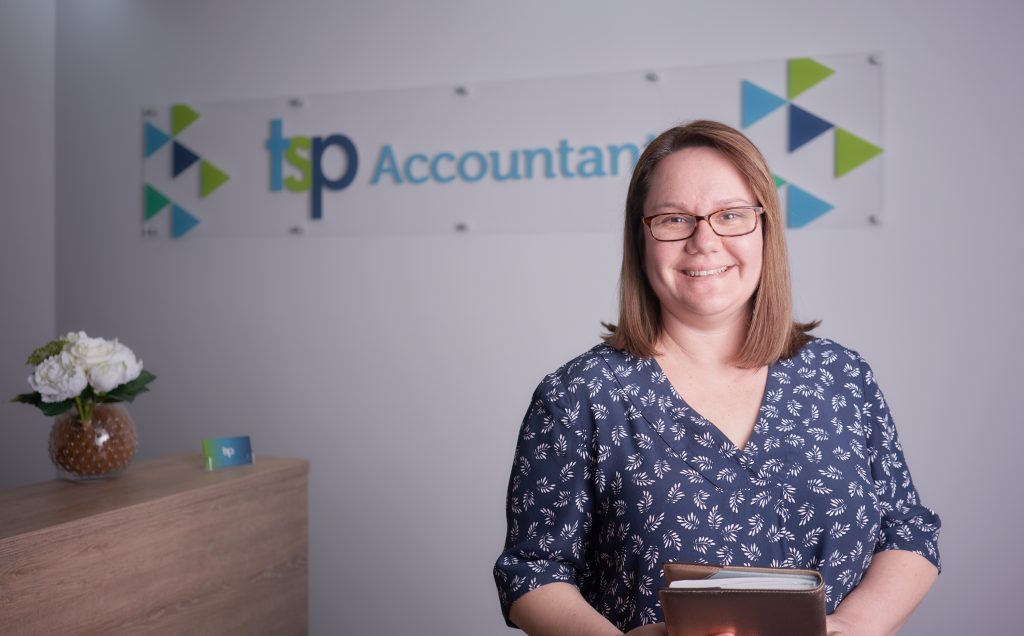This month, our Director, Deidre Molloy was featured in the April edition of Hunter Business Review presenting the information in the attached article. Download the April edition to read the full article on the HBR site here or read below!

The 2021 Federal Budget proposed Superannuation changes to come into effect on 1 July 2022. Deidre Molloy, Director TSP Accountants & Business Advisors, offers some insight into the new changes and who will benefit. The new bill is awaiting Royal Assent to be brought into law.
Here’s some of the changes:
For Employees
Removal of the $450 per month minimum Superannuation Guarantee threshold
Under the current rules, an employer is not required to pay SG contributions for an employee who earns less than $450 per month. From 1 July 2022 employers will be required to make quarterly SG contributions for all employees.
The reasoning behind this change is to ensure younger and lower income workers start accumulating superannuation in addition to minimising the superannuation gap between women and men.
For First Home Buyers
Increase in the First Home Super Saver Scheme (FHSSS)
Since 2017, individuals have been able to make voluntary concessional contributions [CC’s] and non-concessional contributions [NCC’s] into their superannuation and have them released to help pay for their first home. It has been a means of forced saving for younger people.
However the maximum amount allowable was $30,000. Under the new rules from 1 July 2022 the maximum amount increases to $50,000. The annual amount will remain at $15000 per year but $50,000 in total meaning the individual would need to contribute over 4 hours to take the maximum advantage of the scheme under this measure.
For Older Workers & Retirees
Dispensing with the work test for individuals aged 67 to 74
Currently, individuals aged 67 to 74 are required to work 40 hours over 30 consecutive days in the financial year in order to make or receive non-concessional contributions [NCC’s] or salary sacrifice superannuation contributions.
From 1 July 2022, people in this age bracket will not need to meet the work test, subject to existing contribution cap rules.
This is great news for individuals up to 74 as it will allow them to use the two or three year ‘bring forward’ rules to make a NCC to their superannuation.
However the work test requirement still remains for those wanting to make personal deductible contributions.
The table below summarises the key changes:
| Work test requirements if legislation is passed | Current rules for 67-74 | New rules for 67-74 |
| Non-concessional (after tax) contributions | Work test required | No work test |
| Personal concessional (tax deductible) contributions | Work test required | Work test required |
| Salary sacrifice | Work test required | No work test |
For Downsizers
Reducing the eligibility age for downsizer contributions from 65 to 60 years
The downsizer contribution rules allow individuals to make a one-off after-tax contribution to superannuation of up to $300,000 (or $600,000 per couple) from the proceeds of selling their home they have owned for at least 10 years. Under the rules, both members of a couple can make downsizer contributions for the same home and the contributions will not count towards an individual’s NCC cap.
Reducing the eligibility age for downsizer contributions to age 60 could allow an eligible couple in their early sixties to sell their home and contribute up to $1,260,000 to superannuation in a year by each making a downsizer contribution of $300,000 and NCCs of $330,000.
If you would like more information on any of the new superannuation changes please get in touch with us at TSP Accountants & Business Advisors on 49 26 4155 or ad***@****************om.au
- Accessing superannuation funds for medical treatment or financial hardship - 13/10/2025
- RBA cuts rates to 3.60%: what this means for you - 12/09/2025
- Smart Tax Planning Tips - 02/09/2025

